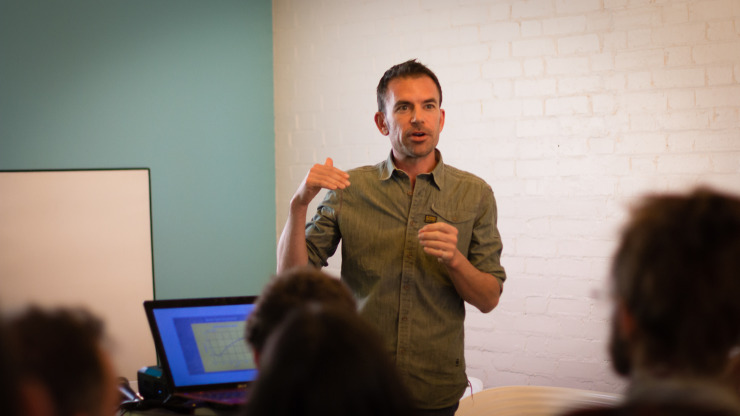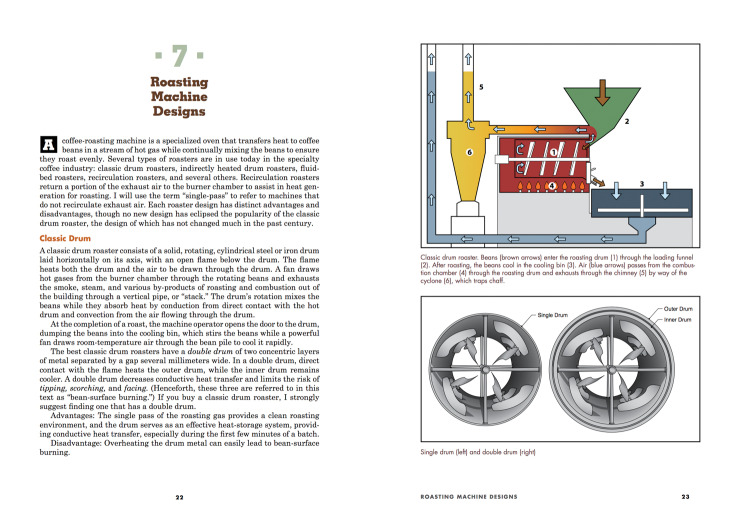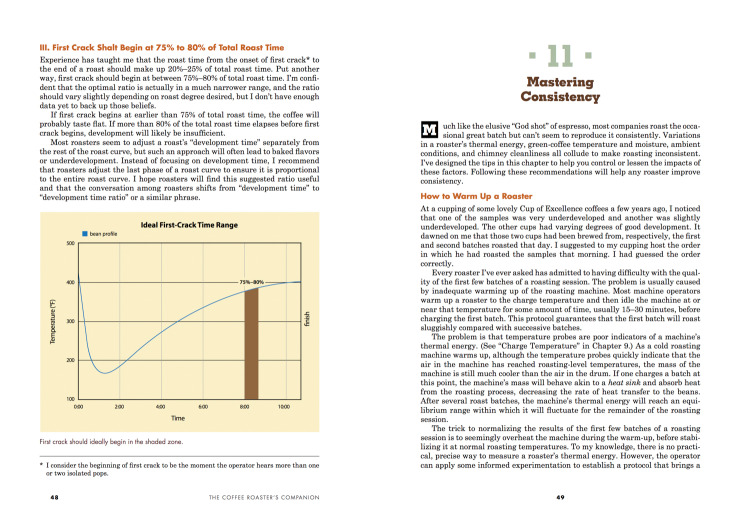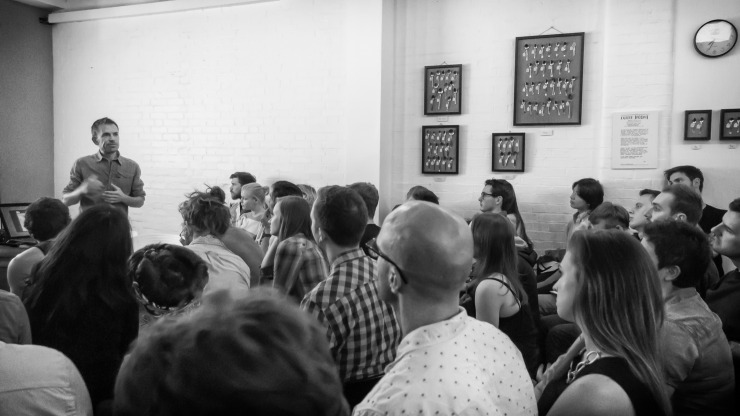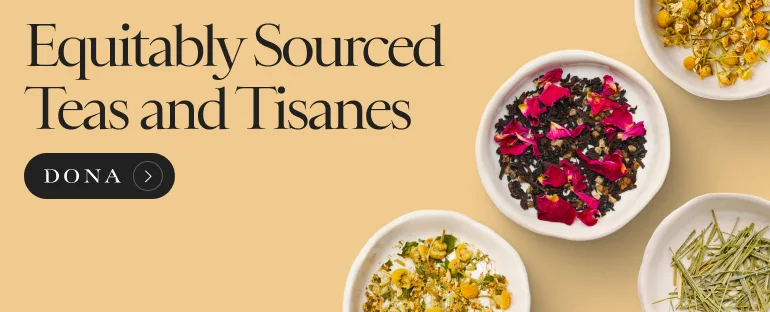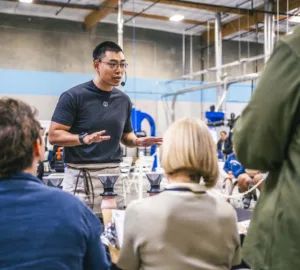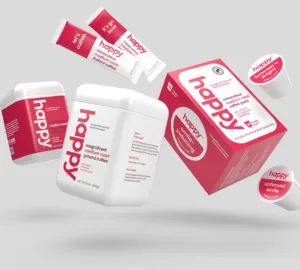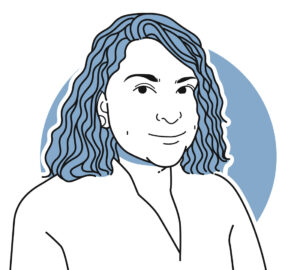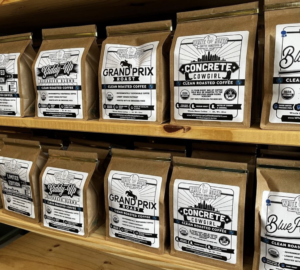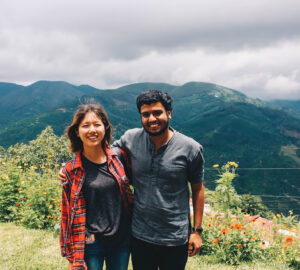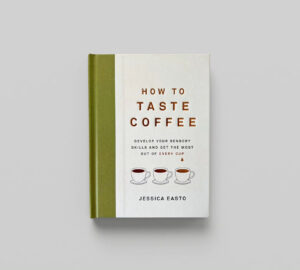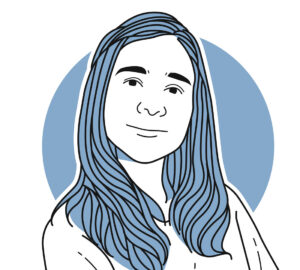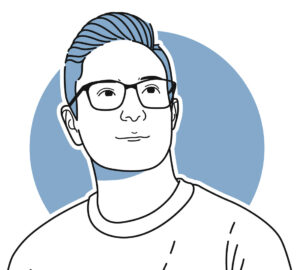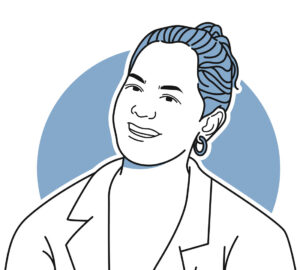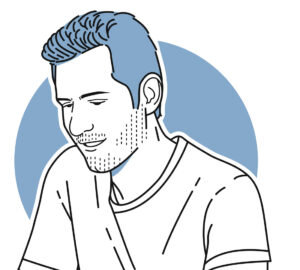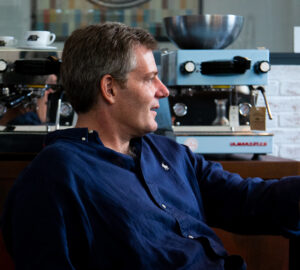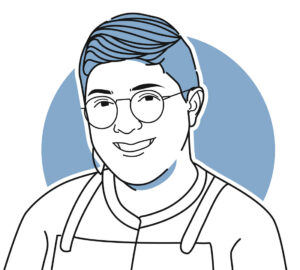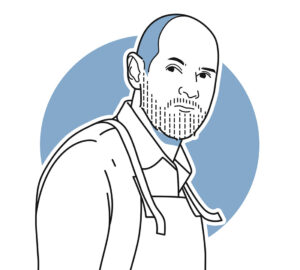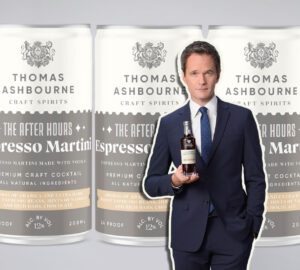Scott Rao has done many things in his coffee life, from founding Rao’s Coffee and Esselon Coffee Roasting Co. in Massachusetts, to authoring seminal books like The Professional Barista’s Handbook, to consulting with coffee businesses across the globe. When it was published in 2008, The Professional Barista’s Handbook was hailed as one of the first attempts to create a systemized tome of scientific and practical knowledge focused on the concerns of the working barista, at a time when publicly available sources of such information were sorely lacking. In the process it made Rao a star to a specific niche of the progressive coffee community, a culture that has grown enormously since 2008 with Rao’s book as a guiding light. Now, Rao has written a new book entitled The Coffee Roaster’s Companion, that seeks to duplicate that feat for coffee roasting.
So far, reception to the book has been quite positive, and Rao [pronounced Ray-O] has embarked on multiple speaking tours, including a recent European jaunt that featured packed public classes on roasting at Prufrock Coffee in London and Five Elephant in Berlin. I recently reached out to Rao via email to learn more about The Coffee Roaster’s Companion, which you can buy for yourself on Rao’s website.
What was your motivation for putting out this book on roasting? Do you see it in the same vein as your earlier works on espresso and brewed extraction?
I do. I wrote this book because there is such a lack of practical, written information out there about roasting. Given the response and the countless thank-you emails I’ve received, there seems to have been good demand for such a book.
How do knowledge levels about coffee roasting in 2014 compare to knowledge about espresso in 2008 and brewed coffee in 2010, when your first two books respectively came out?
There are similarities, but I think we’re further behind in our understanding of roasting today than we were back then in espresso and brewed coffee preparation. The main problems in both cases have been the complexity of roasting and extraction, and our lack of tools to measure and verify what we’re doing.
Between the publication of the Professional Barista’s Handbook and Everything But Espresso, VST released the first coffee refractometer. The combination of the two has greatly improved the industry’s understanding of coffee extraction.
For the past few years, many roasters have been using software such as Cropster and Artisan to track and measure roast data. But there hasn’t been much progress in understanding how to use and interpret that data. My hope is that this book helps roasters learn how to make the most of their roast data.
In the preface to your new book you say you spent the first ten years of your roasting career “lost in the labyrinth of trial and error.” Yet the book is chock-full of technical information, and you cite a pretty wide range of scientific and trade resources. Were there any particular experiences or people who helped crystallize and amass the understanding of coffee roasting laid out in The Coffee Roaster’s Companion?
The only person in recent years who impacted my understanding of roasting is Vince Fedele [founder of VST]. He said something to me once regarding energy transfer that crystallized my understanding of how to improve roast development. I don’t even think he knows how much he accidentally taught me that day.
As far as experiences go, I mention in the book about how the pressure of a big consulting job influenced me to take a new approach to analyzing roasting. During that job, I shifted my focus away from forming narratives and theories about how roasting works, to instead analyzing large quantities of data, looking for correlations and patterns that appear in all great batches. This is similar to a “big data” approach and has steepened my learning curve quite a bit.
Tell me more about the talks you’ve been giving in Europe recently. Were the goals and and content similar to the book itself?
The talks are centered on the ideas in the book but with a few twists. One is that the question and answer session always takes some unexpected turns and usually creates some great discussions into more detailed aspects of roasting. Another is that I ask participants which machines they use, and I tailor much of the discussion to their particular machines as much as I can. Most excitingly, during the talks I dive into some tactical strategies that would be difficult to discuss in book format, but which usually leave participants silent, while they digest how powerful these strategies are. Every time I get that silence, I know I’ve struck a cord.
How would you say the reception has been to the book and talks? Does it feel like people are hungry for this kind of knowledge on roasting?
Other than a few cranky people online who criticized the book before even reading it, the response has been 100% positive. I’ve received literally hundreds of emails from professionals thanking me for writing the book, or inviting me to visit their city and talk about roasting. The talks have also been a success, with almost every student leaving the talk energized about incorporating new ideas into their roasting. Again, the emails I’ve received from them would indicate they’re also quite pleased with their progress. It’s been very gratifying to feel like the I’m having an impact on roasting at so many companies.
Where do you see coffee roasting going in the next 10 years? Are there any particular questions on coffee roasting you hope to see better understood in the future?
I think better measurement devices and data collection will have the greatest impact on roasting in the next 10 years. I expect we’ll look back and realize that as an industry, our roasting consistency and our understanding of the process were embarrassingly poor in 2014. In the past 10 years we’ve had a revolution in green-coffee processing and quality. Hopefully in the next 10 years we’ll learn to roast well enough to justify all of the effort put into improving green coffee.
Alex Bernson is the Managing Editor at Sprudge.com. Read more Alex Bernson on Sprudge.
Photos by Glenn Watson. Book images courtesy Scott Rao.











